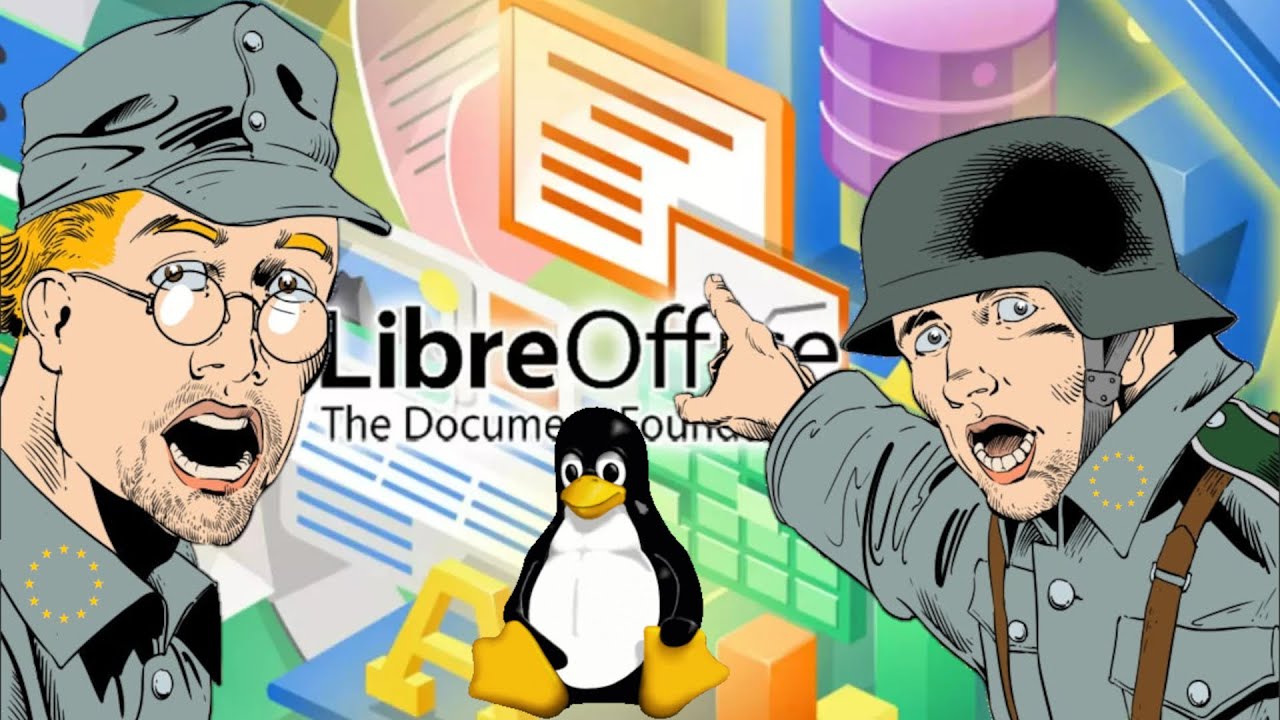The video highlights the European Union’s commitment to digital sovereignty through initiatives in Switzerland and Germany, which focus on transitioning government software to open-source alternatives to reduce reliance on major tech corporations and enhance cybersecurity. It emphasizes the importance of independence, cost savings, and the need for vigilance against security threats, particularly in the context of remote work and AI exploitation.
The video discusses the European Union’s growing commitment to digital sovereignty, particularly highlighting recent initiatives in Switzerland and Germany aimed at transitioning government software to open-source alternatives. Switzerland is set to mandate that all software used by its federal government be open source. Meanwhile, Germany’s Schleswig-Holstein state has begun migrating 30,000 PCs away from Microsoft Windows and Office to LibreOffice and GNU/Linux. The state also plans to adopt Nextcloud to replace Microsoft SharePoint and use Thunderbird instead of Microsoft Exchange and Outlook. This move is seen as a significant step towards reducing reliance on major tech corporations.
The concept of digital sovereignty is emphasized as vital for independence, sustainability, and security. The video argues that governments should not depend on third-party tools, particularly proprietary software like Windows, which leaves them vulnerable to risks and security breaches. The speaker recalls a recent incident involving a major security bug affecting millions of computers due to reliance on third-party security solutions. By migrating to open-source software, governments can have better control over their systems and enhance their cybersecurity measures.
The shift towards open-source software is also seen as a cost-saving measure. By avoiding licensing fees for Microsoft products, European governments could potentially save substantial amounts of taxpayer money. Furthermore, this transition may lead to the creation of local tech jobs as governments invest in developing or adapting open-source solutions that can be utilized by the public. The speaker expresses hope that more countries will follow the example set by Germany and Switzerland in pursuing digital sovereignty.
However, the video also raises concerns about security risks associated with remote employees. A recent case involving a North Korean hacker who infiltrated a company as a remote worker is highlighted, illustrating the challenges of maintaining cybersecurity in a remote work environment. The hacker used a stolen identity and employed AI technology to create a convincing false identity, successfully passing multiple interviews before being discovered. This incident underscores the complexities of vetting remote employees and the potential vulnerabilities organizations face.
In conclusion, while Europe is progressing towards digital sovereignty through open-source initiatives, it must remain vigilant against security threats, especially in an age where AI technology can be exploited for malicious purposes. The speaker advocates for continued investment in open-source software and the importance of conducting thorough security audits to ensure the integrity of systems. By advancing these efforts, European governments can pave the way for a more secure and independent digital future while avoiding pitfalls that could lead to a cyberpunk dystopia.
